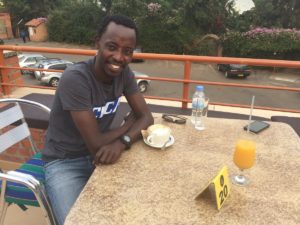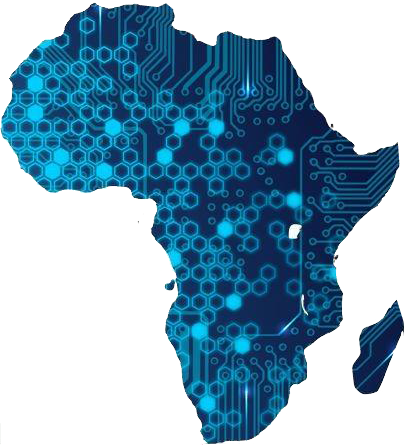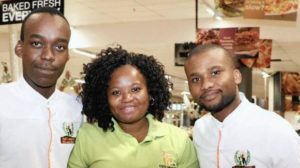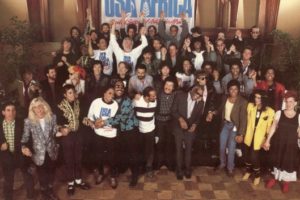Anita Oghenevwede Precious is a 29-year-old entrepreneur who started an interior design business at the age of 21 fresh out of college. She called her business Noani Home, targeting a gap in the market for well-detailed decorative art pieces. A talented painter and artist herself, many of her paintings are found in homes today.
While finding her footing in the industry she discovered her niche. She called it “Caffe latte-themed spaces.” Her company has hired many talented people within Nigeria. She also works as a fitness and beauty enthusiast and travel influencer. Anita constantly pushes the limits of traditional design leaving a lasting impact on the world of interior design.
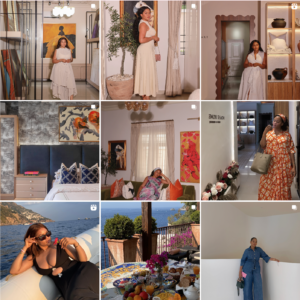
She gives credit to her family of industrious and hard-working women to her drive for success. She sources 80% of her resources from local producers and manufacturers. Talking about the niche her company identified, she talks about “caffe latte” and how the spaces she leaves give a warm vibe such of that of a warm drink of coffee and milk.
She found that decorative art wasn’t easily accessible to many who wanted it, and that there were many art lovers in Nigeria who were interested in her work. She hired talented artists from Nigeria to help source unique work.
Anita uses music as inspiration and calming source and says that traveling inspires her to find new niches and find ways to explore new prospects.
Advice that she gives to young entrepreneurs is that just having a passion for design isn’t enough, you have to develop a passion for the hectic process of creating and producing to stay the long course. You can read more about her passion for unique design here!
